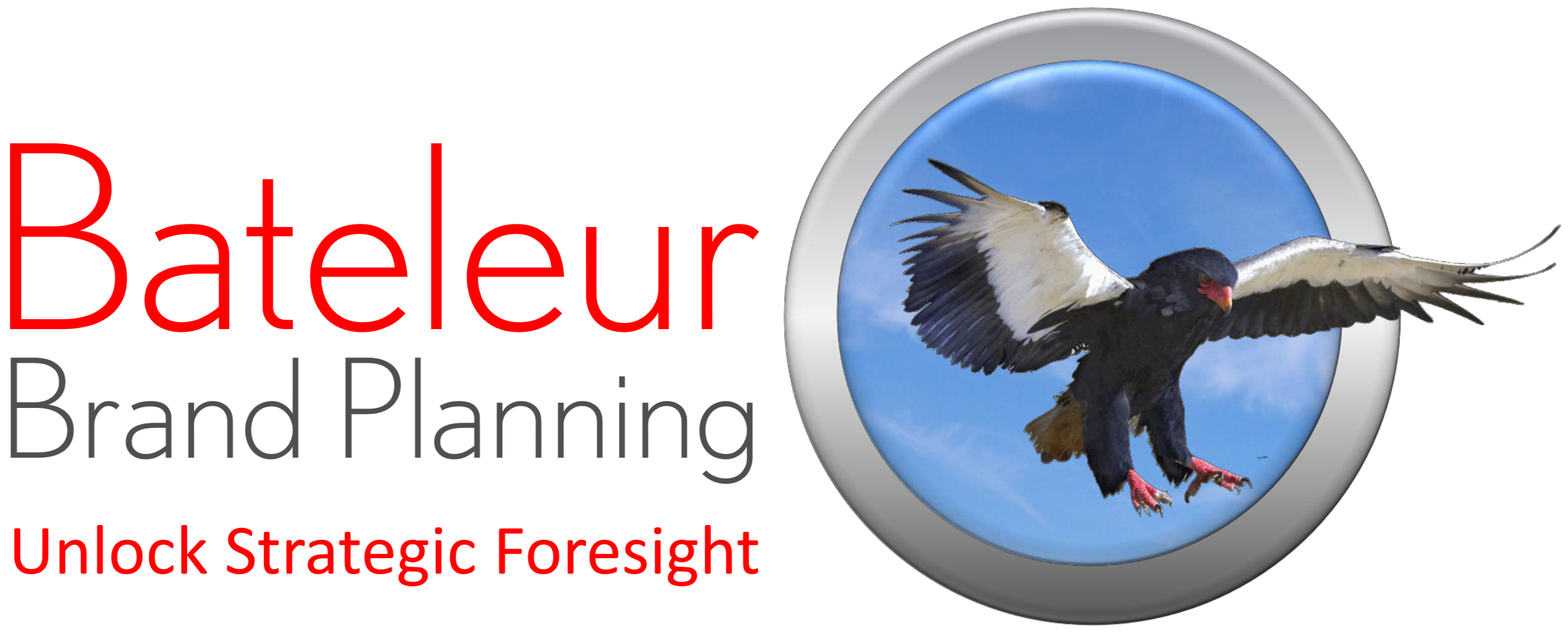
Consumer Trends: Social media trends, E-commerce preferences, lifestyle changes
The digital landscape in South Africa and the world at large has undergone a massive change, reshaping how consumers discover, evaluate and purchase products. Not so long ago, discovery relied on the personal and the local, like the Aunty at the Spaza shop sharing weekly specials, prime-time radio deals, TV ads hyping the latest bargains, and word-of-mouth tips from friends and family, but for those online today, the game has changed. Google searches outpace neighbourhood gossip; TikTok hauls and Instagram reels drown out radio jingles. Social media drives trends, and WhatsApp channels buzz with deals before store flyers even print.
With a sample size of 1936 respondents, Bateleur Brand Planning’s Vantage Point survey examined behavioural changes across social media usage, e-commerce preferences, and lifestyle priorities. While this shift is undeniable for the connected, it’s worth remembering that not all South Africans navigate this digital-first world. For many, the old ways still hold sway where trust is earned face-to-face, not through a screen. Therefore, this online survey reflects the habits of digitally connected South Africans, a perspective that, while insightful, doesn’t capture the full national experience. The focus of this white paper is threefold: (1) prevailing social-media habits, (2) how those habits translate into e-commerce preferences, and (3) wider lifestyle shifts that underpin both.
Social-Media Trends
Platform supremacy: Daily usage peaks at WhatsApp (95%) and Facebook (80%), but TikTok (46%) and Instagram (45%) are the platforms still gaining share, reflecting the 63% of respondents who say short-form content is replacing blogs and TV. YouTube’s 62% daily reach positions it as the bridge between short and long form.
Behavioural depth: Over half the sample consumes news (local 57%, global 54%) and music (53%) on social apps, while an equal proportion actively likes, comments, votes in polls and enters giveaways. Notably, “watching without engaging” (50%) nearly matches active engagement, underscoring a silent but attentive audience.
Content hooks: Respondents gravitate to material that informs (77%), teaches (74%) or makes them laugh (74%). Humour, tips and breaking news all outperform overt brand pushes, suggesting that edutainment remains the surest route to attention.
Perceived impact: Two-thirds agree that social platforms empower promotion (66%) but almost as many highlight scams (62%) and misinformation (56%). Privacy fears (49%) coexist with acceptance that personalised ads are inevitable (40%).
Emerging tech: More than half (53%) already “turn to AI for answers,” and 27% use the in-app AI tools now embedded in most networks, a signal that conversational commerce will accelerate quickly.
E-commerce Preferences
Information touchpoints: Google still dominates discovery (75%), but crowdsourced proof points are surging: social user reviews (55%), the brand’s own page (51%), specialist review sites (45%) and even in-person word-of-mouth (53 %) sit within a five-point band. The modern shopper triangulates.
Content formats that convert: Articles (43 %) and newsletters (42 %) remain surprisingly influential, but short-form video (40 %) is now on par. Testimonials (36 %), podcasts (33 %) and data-rich case studies (27%) illustrate demand for authenticity and depth beneath the snackable surface.
Marketing levers that resonate: Discounts/rewards (55%) and social ads (53%) comfortably outrank television (40%) and radio (38%). Free trials (49%) and influencer partnerships (22%) prove that try-before-you-buy and peer endorsement trump one-way messaging. Outdoor and print still matter in a multichannel plan, but only when integrated with digital journeys.
Decision filters: Safety and credibility are implicit, 49% are wary of scams, 56% fear misinformation and 37 % actively seek user reviews. Brands that fail to surface transparent ratings, data security assurances and real customer voices risk disqualification before first contact.
Lifestyle Changes Driving Behaviour
Digital dependency: 65% rely on social reviews over ads, while 53% use AI instead of search engines.
Work re-imagined: 57% favour remote or hybrid jobs; 49% pursue gig work. Employers and B2B marketers must present flexible value propositions.
Wellness & minimalism: Nearly half prioritise mental health (47%), choose experiences over possessions (46%) and dabble in sustainable products (40%), second-hand fashion (40 %) and plant-based diets (31%).
Financial self-help: One third (37 %) are actively educating themselves on investing and debt.
Media scepticism: Avoidance of traditional news (45 %) and migration to curated feeds indicate fading trust in legacy channels.
Conclusion
The current South African consumer is hyper-connected, validation-driven, and self-reinventing. Social media platforms have evolved from entertainment hubs to essential pathways for purchasing decisions, career growth, and personal well-being. E-commerce success now hinges on visibility, verifiability, and values alignment. Brands that embed themselves into everyday digital rituals, provide transparent proof, and help consumers enhance their lives, not just fill their carts and this will help brands secure loyalty in 2025 and beyond. By embracing these insights, businesses can navigate the shifting landscape with confidence, ensuring relevance in an era where trust, convenience, and purpose define consumer choice.
If you enjoyed this article, signup below to receive more:-
